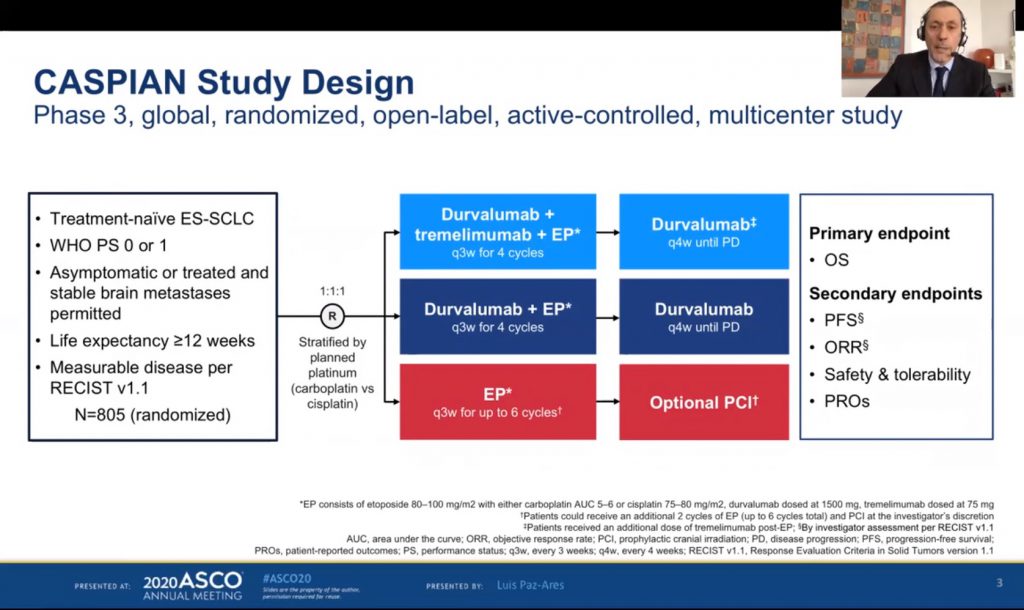In a study, a combination of the new drug tiragolumab and Roche's established Tecentriq drug did not slow disease progression in newly diagnosed cases of advanced non-small-cell lung cancer when compared with patients on Tecentriq only, the company said.
That was after tiragolumab in March failed to slow progression of a different, more aggressive form of lung cancer. Analysts had given the second trial better odds of success.
The setback could unsettle development efforts at more than half a dozen companies exploring similar compounds in a class of drugs called anti-TIGIT. Merck & Co is closely behind Roche in that race.
Roche added that its trial would continue after the disappointing interim readout, to gather more data on tiragolumab's ability to prolong the lives of trial participants.
"While these results are not what we hoped for in our first analysis, we look forward to seeing mature overall survival for this study to determine next steps," said Roche Chief Medical Officer Levi Garraway.
Investors had hoped the new drug would become an important next-generation therapy in immuno-oncology, with multi-billion dollar sales potential, Credit Suisse analysts said in a note.
"We expect that investors will now discount the whole TIGIT franchise at Roche until we see signs of positive efficacy," they added.
TIGIT is a receptor found on immune system cells as a backstop to prevent misguided immune attacks against normal body tissue. Some cancer types, however, exploit TIGIT to grow unnoticed by cell-killing immune cells.
A similar mode of action is behind a blockbuster class of immune drugs known as PD-1 and PD-L1, such as Merck & Co's Keytruda and Bristol-Myers Squibb's Opdivo.
That multi-billion-dollar success has pushed the industry to explore similar anti-cancer concepts, such as anti-TIGITs which are believed to be well tolerated and which are typically being tested in a drug cocktail with established PD-1 or PD-L1 drugs.
Gilead Sciences last November exercised an option to collaborate with Arcus Biosciences on the anti-TIGIT drug domvanalimab.
GlaxoSmithKline in June 2021 struck a licensing deal worth up to $2 billion with iTeos Therapeutics Inc for an anti-TIGIT candidate.
Bristol-Myers Squibb and Agenus Inc are collaborating on a drug under a May 2021 partnership.
Coherus BioSciences in January exercised an option to licence a drug candidate by Shanghai Junshi Biosciences for the U.S. and Canadian markets.
For Roche, which is seeking to offset a decline in sales due to competition from cheaper copies of a trio of established cancer drugs, hope now turns to an experimental Alzheimer's drug for which trial results are expected later this year.
By Ludwig Burger
Posted on
Previous Article
« E-cigarettes do not appear to confer heart benefits to users who also smoke traditional cigarettes Next Article
DOACs safe, effective for A-fib patients with newly diagnosed cancer »
« E-cigarettes do not appear to confer heart benefits to users who also smoke traditional cigarettes Next Article
DOACs safe, effective for A-fib patients with newly diagnosed cancer »
Related Articles

September 8, 2020
ES-SCLC: tremelimumab + durvalumab + chemotherapy misses endpoint
October 30, 2022
Confirmatory mediastinoscopy not needed in resectable NSCLC
© 2024 Medicom Medical Publishers. All rights reserved. Terms and Conditions | Privacy Policy
HEAD OFFICE
Laarderhoogtweg 25
1101 EB Amsterdam
The Netherlands
T: +31 85 4012 560
E: publishers@medicom-publishers.com

